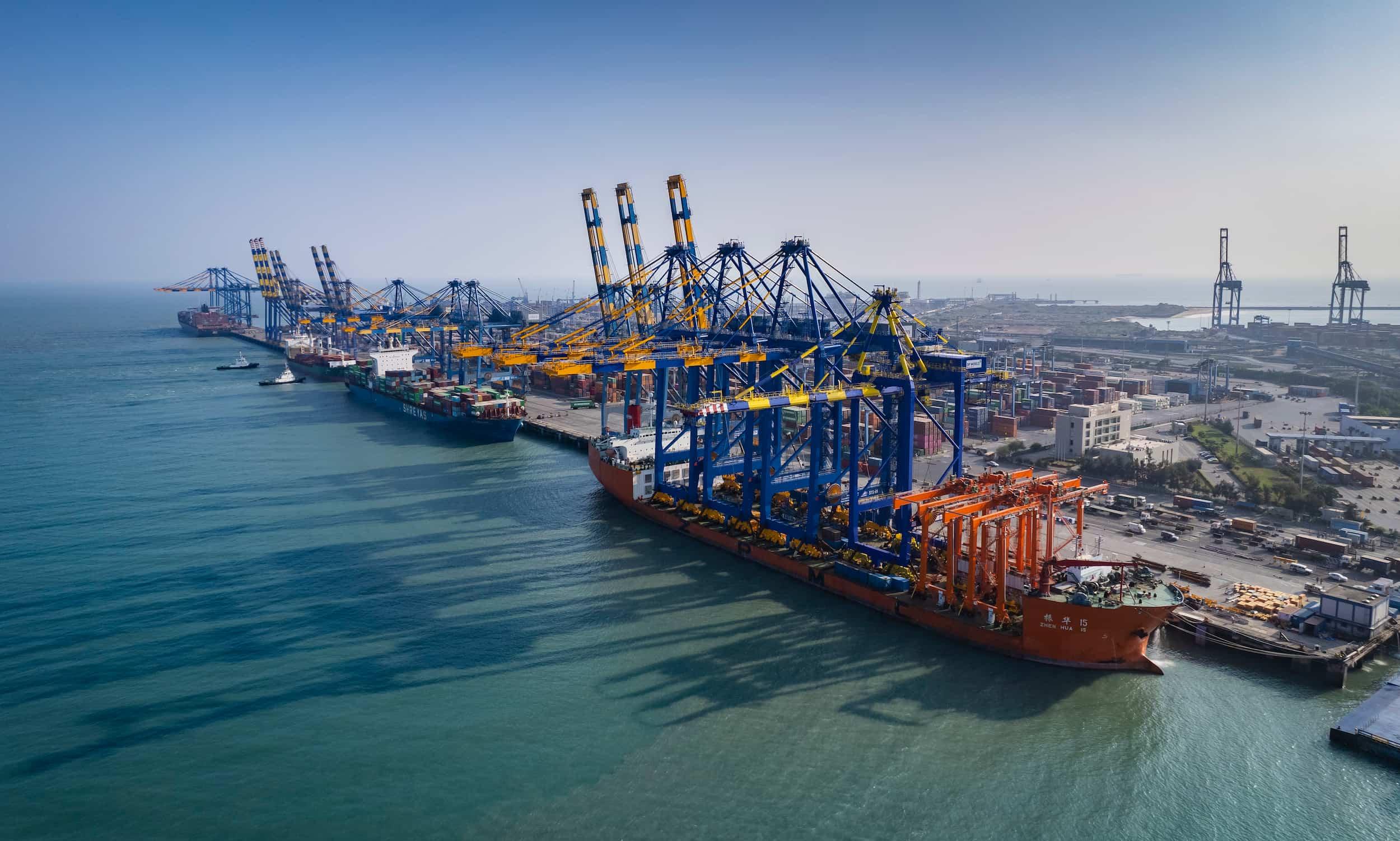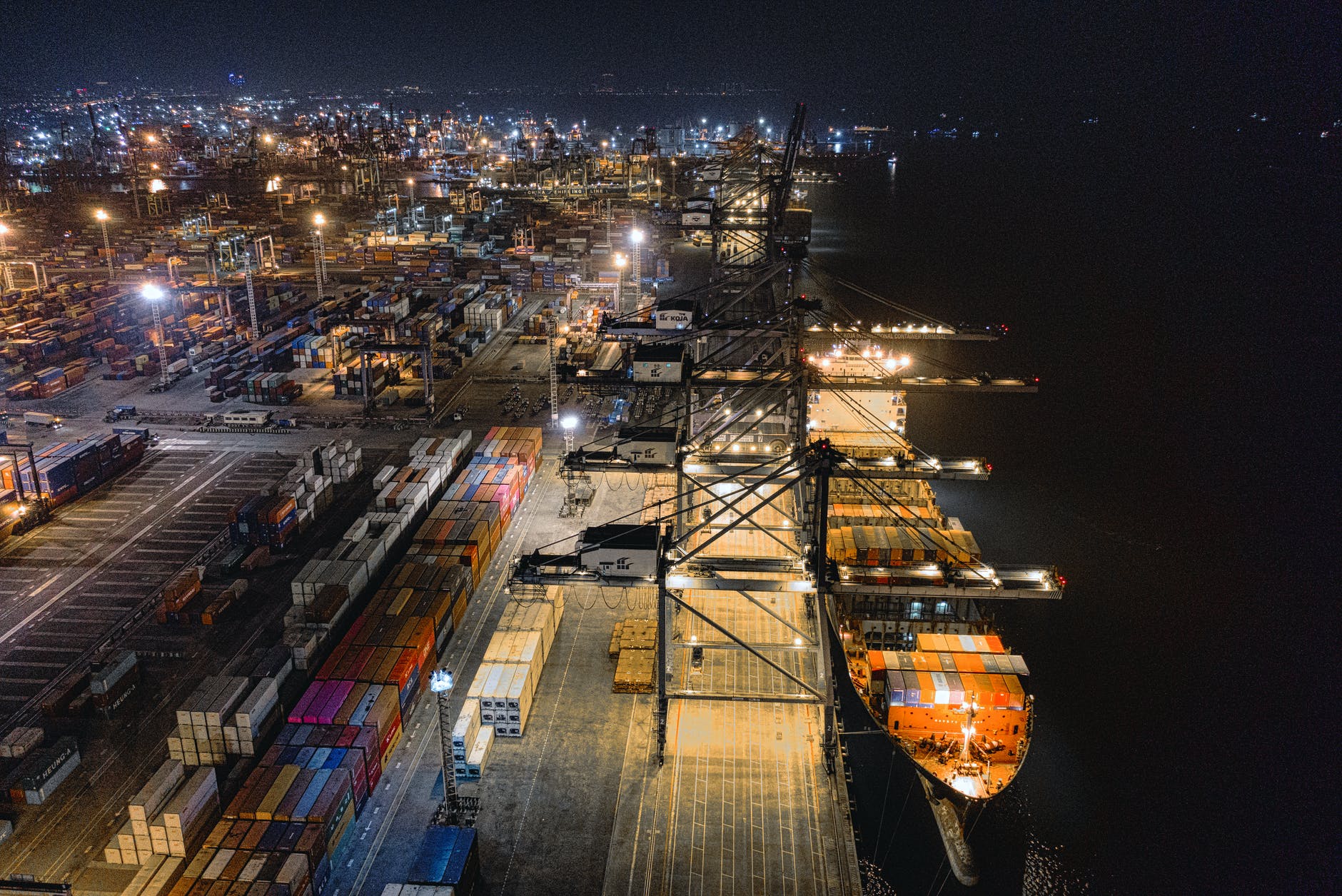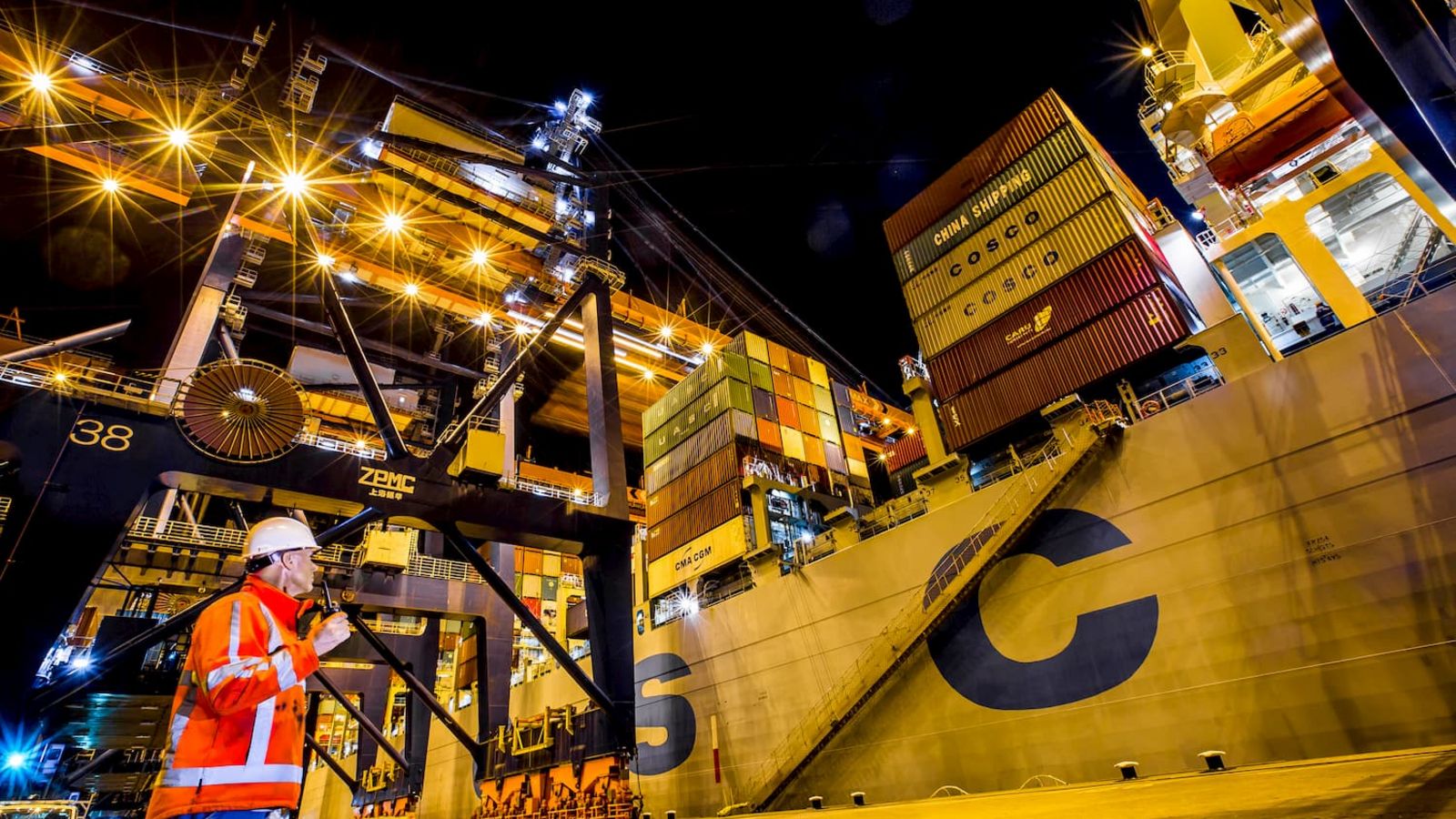India Emerges as a Top Contender for Global Shared Services, Following Poland and Mexico, According to Deloitte Survey 2023

India Emerges as a Top Contender for Global Shared Services, Following Poland and Mexico, According to Deloitte Survey 2023
The GCC industry presently produces $60 billion in revenue, which is anticipated to increase to $75-80 billion over the next four to five years. Over 1,900 GCCs are expected in India, generating $60 billion in revenue and employing 2 million people.
According to Deloitte’s 2023 Global Shared Services and Outsourcing study, India has emerged as the most chosen site for a Global Shared Services center, followed by Poland and Mexico.

The GCC industry presently produces $60 billion in revenue, which is anticipated to increase to $75-80 billion over the next four to five years. Over 1,900 GCCs are expected in India, generating $60 billion in revenue and employing 2 million people.
According to WTO projections, India is also one of the leading exporters of services, with a proportion of the global services trade expected to increase from 2% in 2005 to over 4% in 2022.
According to Saurabh Mathur, Partner, Deloitte Touche Tohmatsu India LLP, “This, supported by survey findings, showcases that shared service centers are going to be at the core of India strengthening its position on the global map and achieving the country’s services exports target of $400 billion for the current fiscal year.
The Deloitte analysis examined how significant corporations adapt their service delivery strategies in light of the tighter labor markets and ongoing demand for remote and hybrid labor. Additionally, it revealed the patterns and tactics influencing process improvement and cost-effectiveness across sectors.

The worldwide study showed a dramatic change, with GBS businesses able to provide transformative skills and have a closer relationship with the C-suite. According to the report, “more than 40% of seasoned GBS firms are now being led by dedicated GBS leaders, with CFOs taking the helm in more than 80% of these organizations that go beyond their defined scope.”
The poll also revealed that automation is the top digital enabler for GBS firms and is anticipated to be a significant area of focus over the next one to three years.
Nevertheless, despite tremendous advancement, GBS firms still need help, such as a skills shortage, which 40% of GBS organizations still view as a barrier to automation adoption. According to Saurabh Mathur, “With a talent revolution on the horizon, one of the solutions is to move work to cost-efficient locations, navigate constrained labor markets, and deal with cost pressures, followed by upskilling and bolstering employee well-being.”
The poll emphasized GBS’s importance in achieving ESG (Environmental, Social, and Governance) goals. GBS actively supports various ESG processes and helps its parent group achieve its net-zero goals as companies focus more on ESG. With the majority of industrial sectors expressing a substantial focus on ESG ranging from 45 to 55 percent, the adoption of ESG is generally cross-industry.

To enhance operational excellence, promote sustainability, generate long-term value for stakeholders, and increase impact across industries in the coming years, enterprises will need to integrate enabling technologies and ESG activities, the report stated.
In a recent global consulting firm Deloitte survey, India has been positioned as one of the most preferred locations for Global Shared Services Centers (GSSCs), just behind Poland and Mexico.
The report highlights critical factors such as cost-effectiveness, talent pool, and digital infrastructure that make India a leading choice for multinationals seeking to establish or expand their shared services footprint.
One of the main factors contributing to India’s attractiveness is its cost-effectiveness. According to the Deloitte survey, India’s operational costs are considerably lower than other countries.
The wage differential allows companies to realize significant cost savings, especially in services that require a large workforce, such as customer service and IT support. Moreover, the cost of real estate and infrastructure also adds to the economic benefits of setting up shop in India.

Another primary reason cited by the Deloitte survey is India’s abundant talent pool. The country produces thousands of graduates in engineering, commerce, and other fields yearly, leading to a vibrant labor market teeming with skilled workers.
The proficiency in the English language among a large section of the workforce also adds to its appeal, facilitating smoother operations for global companies.
India has made significant strides in improving its digital infrastructure. With widespread broadband connectivity, 24/7 electricity in major cities, and robust cybersecurity measures, the country has become a reliable location for data centers and digital services.
Initiatives such as the Smart Cities Mission and Digital India have further accelerated the development of a tech-savvy environment conducive to GSSCs.
The government has been proactive in encouraging foreign investment and simplifying regulatory procedures. Special Economic Zones (SEZs) provide additional benefits like tax holidays, which make it economically viable for companies to establish and operate GSSCs in India.
The relatively straightforward procedure for business incorporation and fewer bureaucratic hurdles than in other countries also contribute to India’s favorable ranking.
With globalization, the cultural compatibility of a country plays an increasingly important role. India has a cosmopolitan culture that is more adaptable to global business customs. Moreover, the younger workforce is generally more attuned to international business etiquette, lowering global companies’ cultural barriers.

While India offers numerous advantages, it’s essential to understand why Poland and Mexico precede it in the rankings. Poland provides a decisive benefit in proximity to other European nations, allowing for easier coordination and integration with Western markets.
Conversely, Mexico benefits from its closeness to the United States, offering nearshore advantages that India cannot provide. However, India competes strongly in cost and talent pool, making it a close contender for the top spot.
As indicated by the Deloitte survey, India’s rise as a preferred destination for Global Shared Services Centers is the result of a combination of factors like cost-effectiveness, skilled labor, robust digital infrastructure, and favorable government policies.

Although lagging behind Poland and Mexico, India’s unique strengths make it a key player in this domain, providing a compelling choice for global businesses seeking to maximize efficiency and cost savings.
As India continues to improve its infrastructure and streamline its regulatory environment, it may soon challenge Poland and Mexico for the leading Global Shared Services Centers position.






